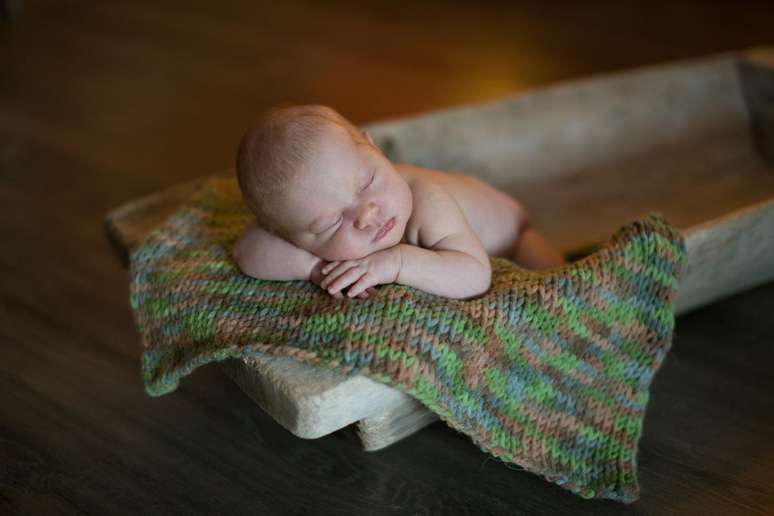Frequent during childhood brain development, the episodes are generally harmless and the child rarely remembers them the next day.
The name of night of terror It is quite appropriate: although it refers to the newborn or the child who is going through an episode of this type, in practice it also describes well what parents feel when they find themselves facing a situation of this kind. This is because, for those who witness the scene, the fright continues even the next day – even if the child himself forgets. After all, what is night terror and why does it happen?
We do not know exactly what causes these episodes in some children and not in others. Genetic and environmental factors appear to have an influence, and there is a direct relationship with the brain development: since the ability to regulate sleep is not fully developed, this can lead to situations like this.
How to identify night terrors?
Night terrors usually occur first hours of sleepThe condition may manifest itself with the following signs:
- Excessive sweating
- Disjointed speech during sleep
- Heart rate acceleration
- Body movements that cause pain or discomfort
- Panting
- Uncontrollable crying
- In rare cases, the child may also sit up in bed and suffer from sleepwalking.
Night terrors usually occur very short episodes which lasts less than five minutes, and a common feature is that the child usually does not remember it the next day. It is also a good way to do it differentiate them from nightmares when the child usually wakes up suddenly remembering what he dreamed and may have difficulty falling back to sleep.
In night terrors, as a rule, the child does not wake up immediately does not respond to external stimuli people around to wake up.
Is there a treatment for night terrors?
Night terrors are a natural part of cognitive development and may or may not occur frequently between the first year of life and preadolescence. He almost always ceases to occur spontaneouslyand, although in some cases it can persist into adulthood.
Night terror episodes They usually do not present risks for the child and have no specific cures, although some measures can help prevent recurrence and reassure the parents themselves. If your child has a history of night terrors that cause him to make strange movements, such as thrashing in bed, it is advisable to stay close to him after he falls asleep to keep you from getting hurt with some object nearby.
Another tip is to invest in sleep hygiene: Maintaining the habit of sleeping at similar times every day, and sleeping for equivalent periods, as well as limiting exposure to screens before going to bed, are measures that promote a more peaceful sleep.
If night terrors are recurrent, it is a good idea to pay attention to the time it takes for them to occur after the child has fallen asleep: waking him a little earlier and having him go back to sleep later helps to avoid an episode occurring during sleep. night.
Source: Terra
Ben Stock is a lifestyle journalist and author at Gossipify. He writes about topics such as health, wellness, travel, food and home decor. He provides practical advice and inspiration to improve well-being, keeps readers up to date with latest lifestyle news and trends, known for his engaging writing style, in-depth analysis and unique perspectives.






